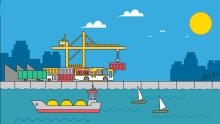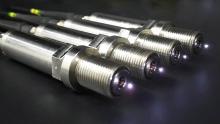Turning seaports into smart ports

Inside Europe’s bustling seaports lies a wealth of untapped data. Despite digitalisation, much of this information still goes unused. The EU-funded DataPorts project is an initiative focused on leveraging Europe’s maritime data to revolutionise port operations and enhance efficiency.









